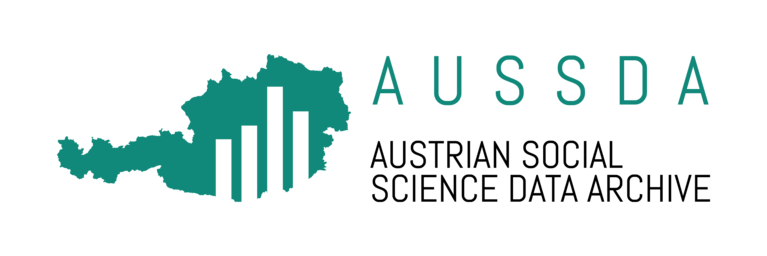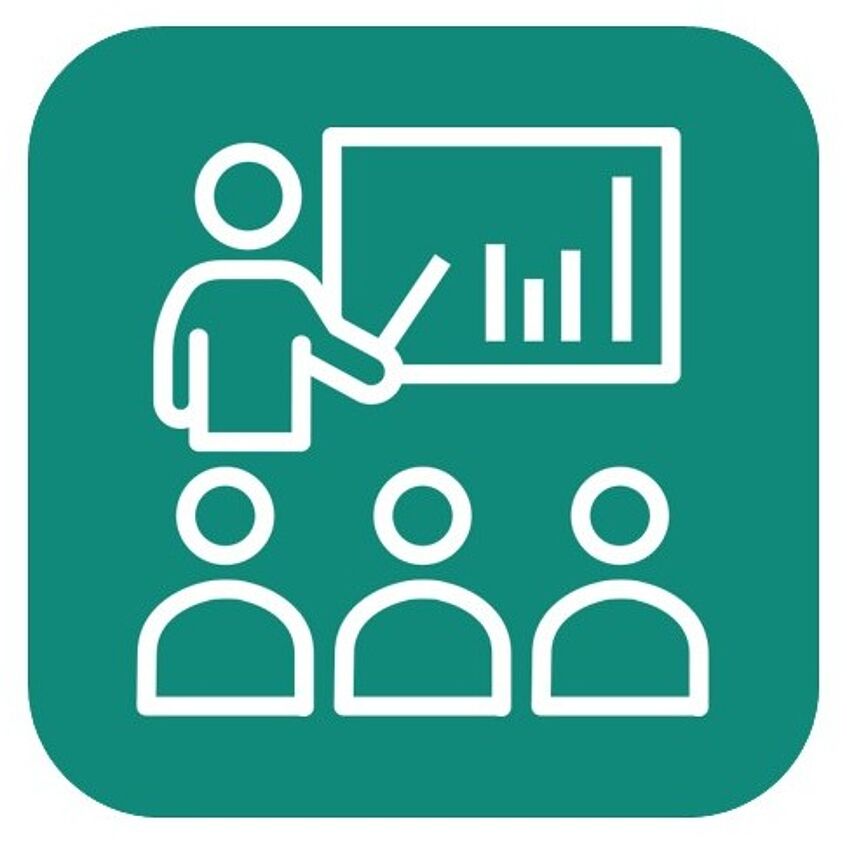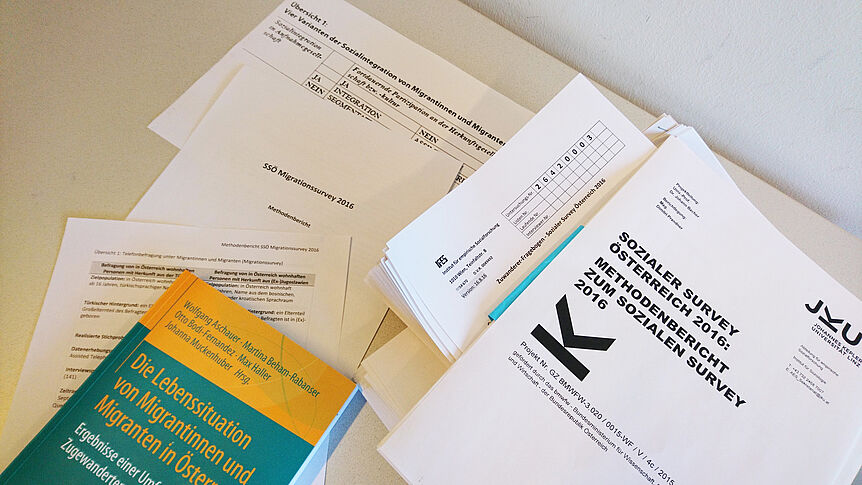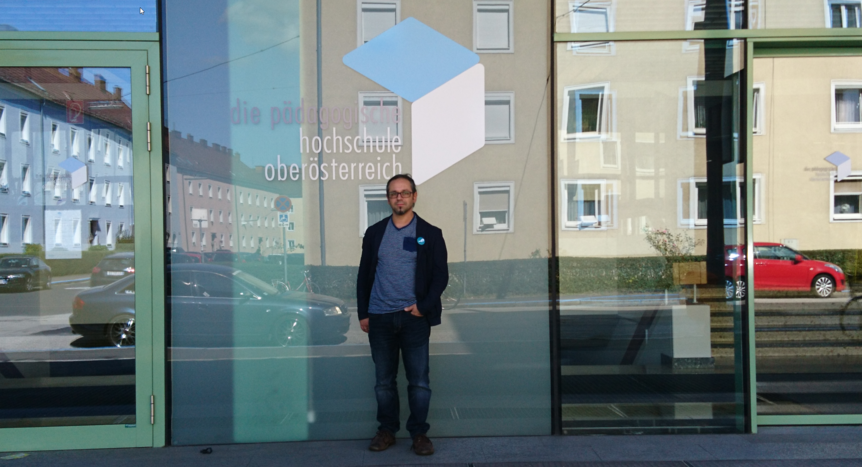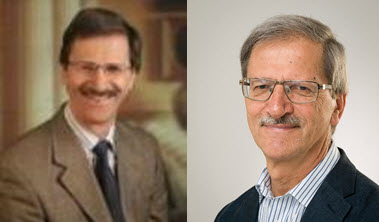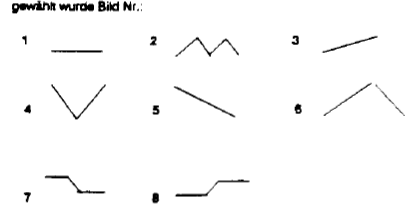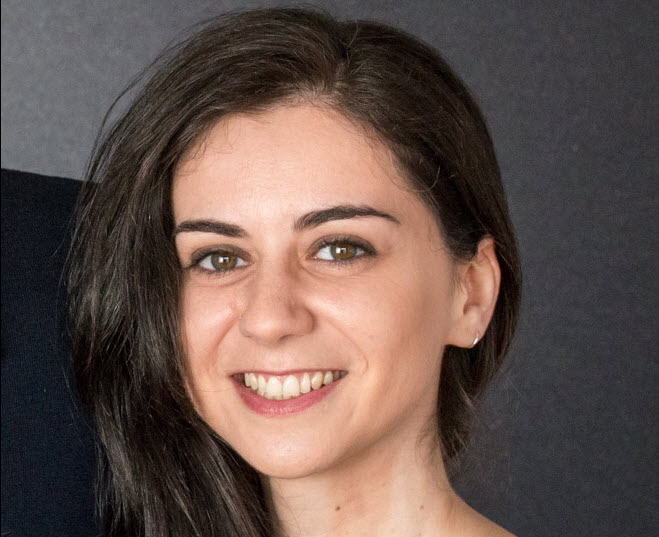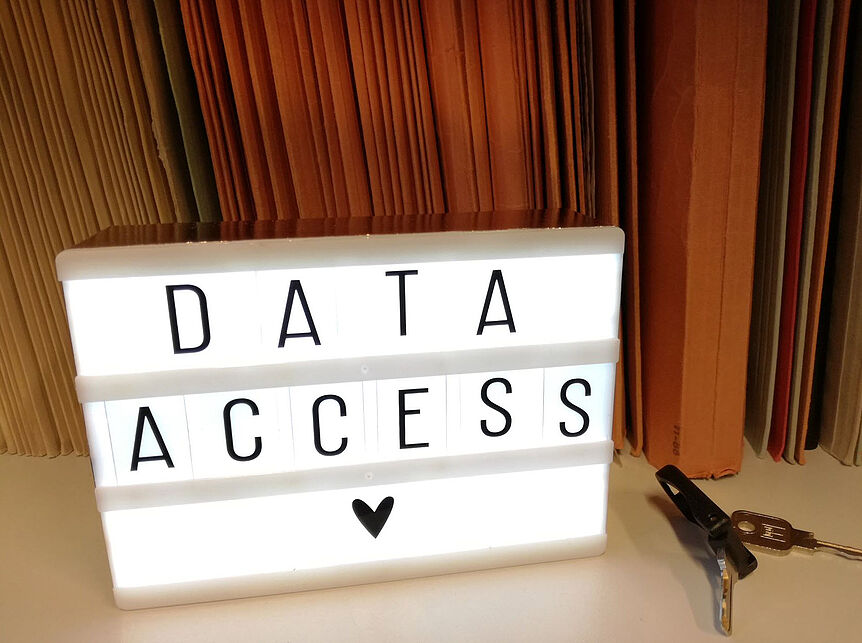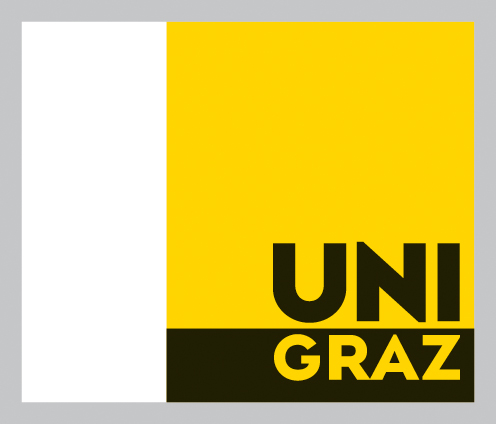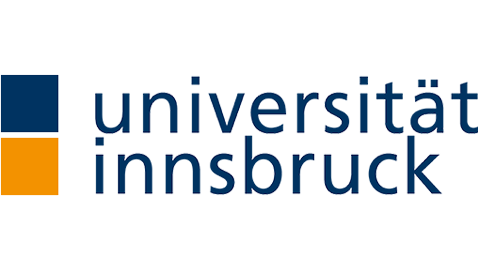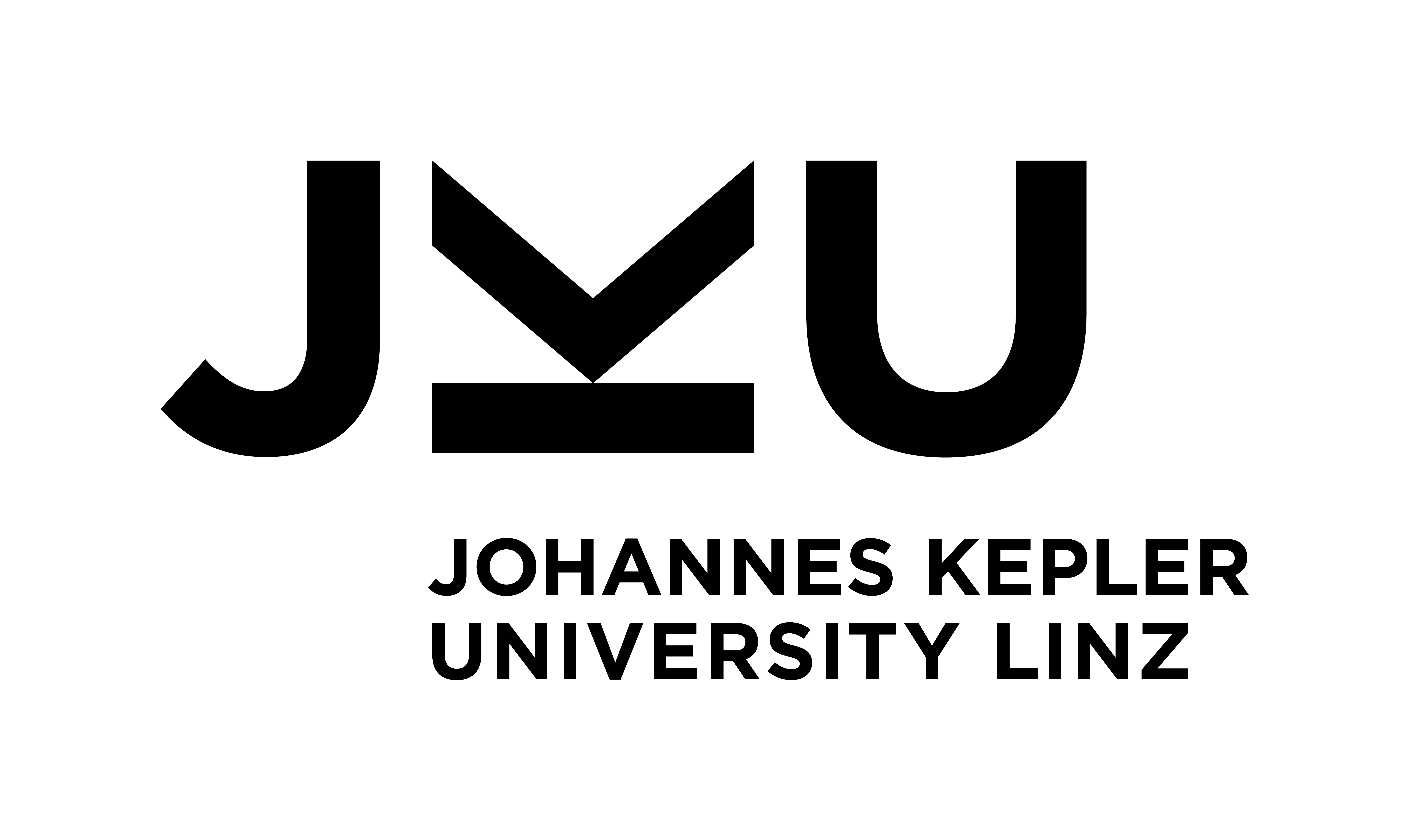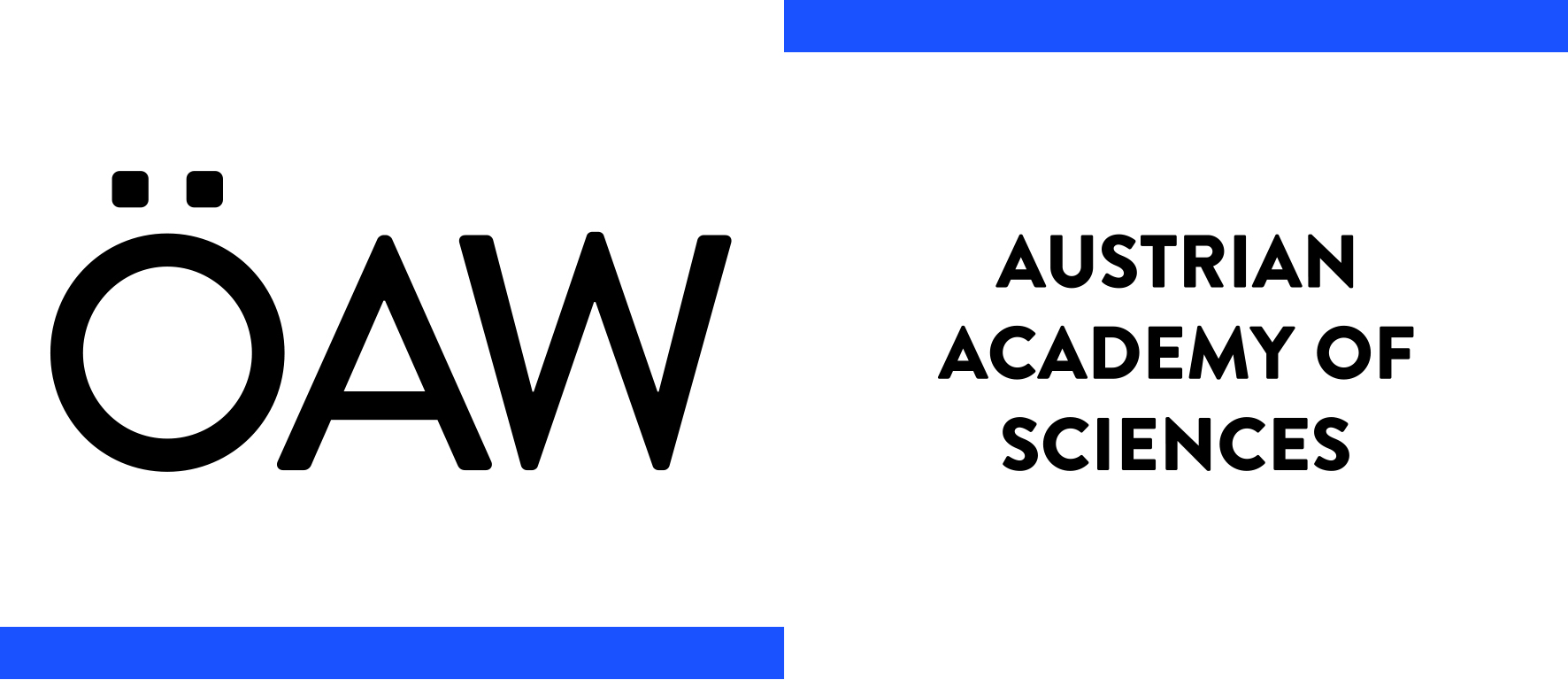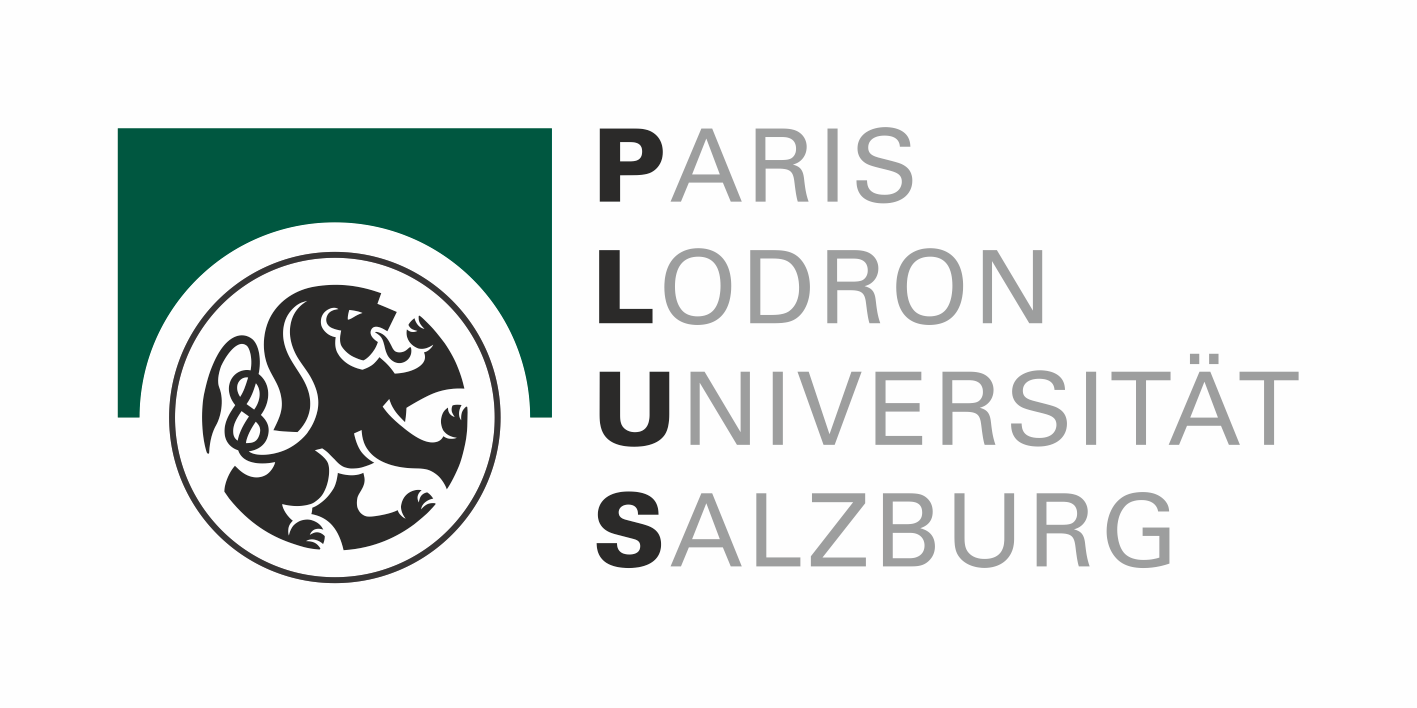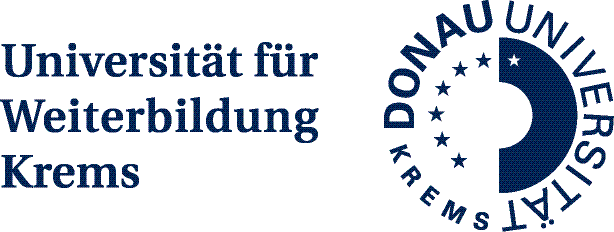We are a data infrastructure for the social science community in Austria and offer a variety of research support services, primarily data archiving and help with data re-use. We make social science data accessible, creating opportunities for research and data reuse. Since July 2020, we have been certified with the Core Trust Seal (CTS) as a "trustworthy data repository".
Get data here!
We archive a variety of social science data. The AUSSDA Dataverse is divided into several collections. Find all data sets archived with us easily online! Our user guide helps you with finding and downloading the data.
Training on the use of social survey data
As part of the EU project Infra4NextGen, AUSSDA is developing a wide range of training courses on the use of social science survey data such as ESS, EVS, GGP, ISSP and Eurobarometer, as well as training on data management and analysis in general.
- All information on the webinars, workshops, courses and hackathons can be found at the Infra4NextGen events page.
Teaching and learning with AUSSDA data - discover our new Dataverse!
Are you a lecturer and would like to find suitable data sets for teaching with just one click? Or are you a student looking for data for your thesis? We have compiled relevant datasets for you in one place. Find the overview and recommendations from methods lecturers here!
